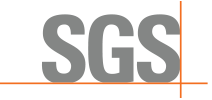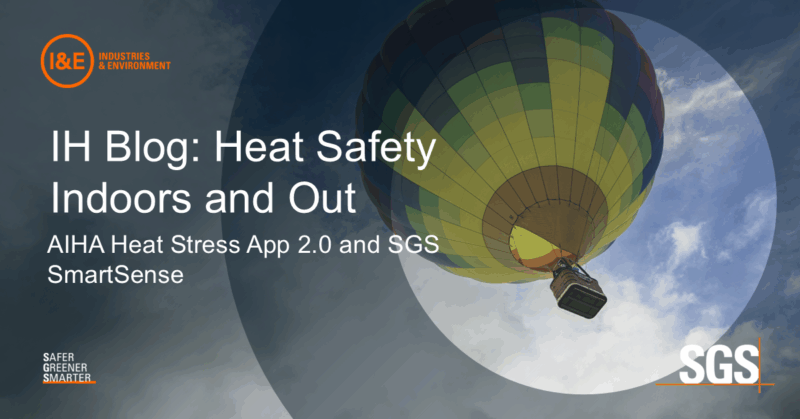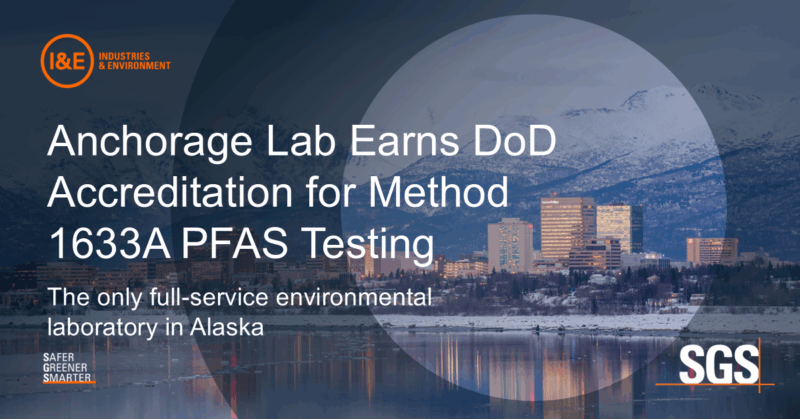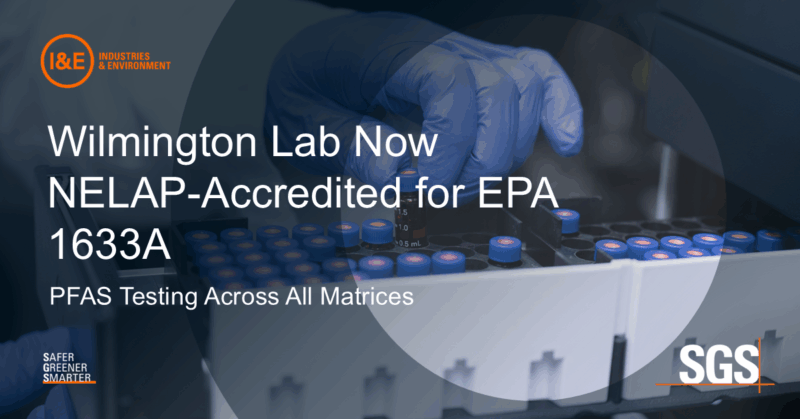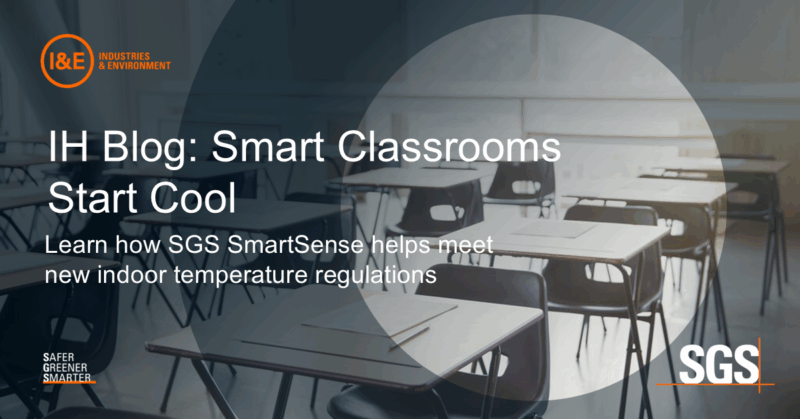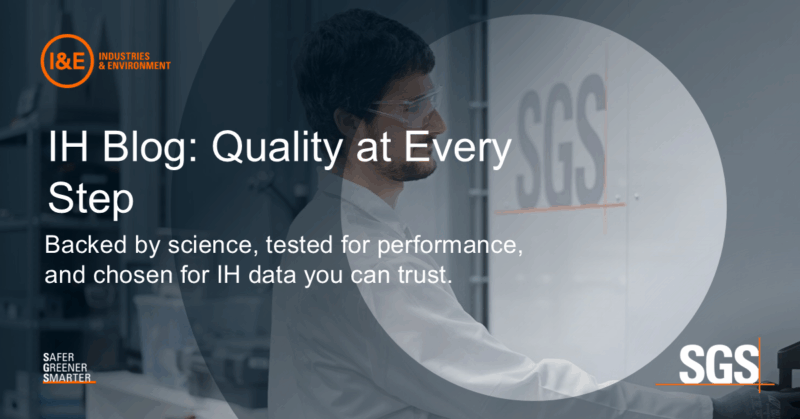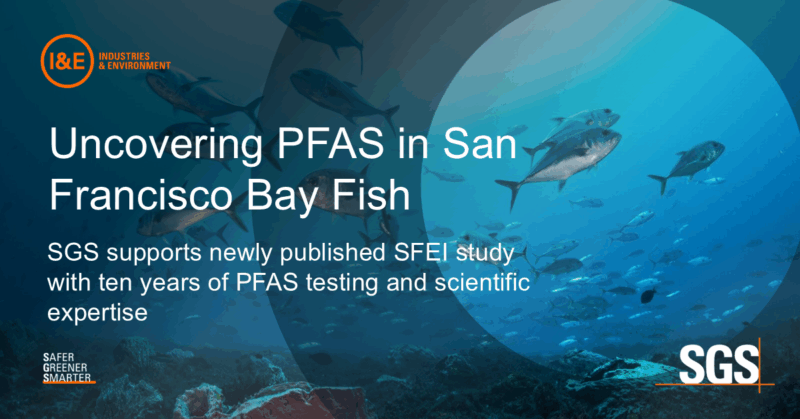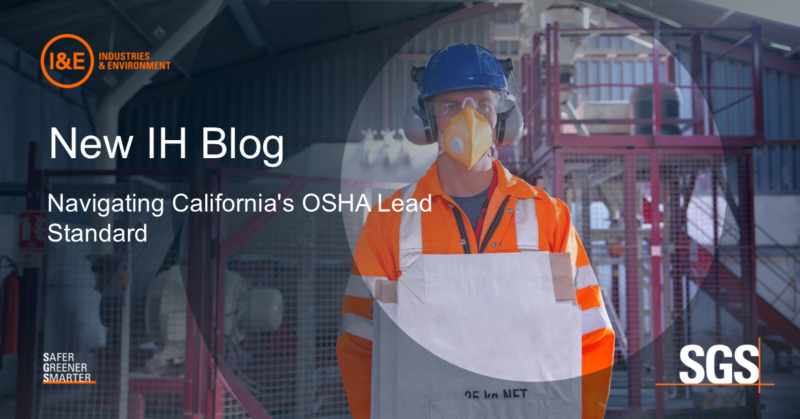How to Prevent PPI Overloading: Lessons from the Field
When conducting respirable particulate sampling, environmental conditions and procedural factors can sometimes affect the accuracy[...]
Sep
New AIHA Heat Stress Mobile App 2.0 Expands Protection for Indoor and Outdoor Workers
Last month, we discussed the challenges of high temperatures in schools and how SGS SmartSense[...]
Aug
Client Appreciation Week Starts August 11
At SGS, we believe strong science must be backed by even stronger service. Every project[...]
Aug
SGS Anchorage Lab Achieves DoD-ELAP Accreditation for PFAS by EPA 1633A in Aqueous Solids
We’re proud to announce that our SGS Anchorage laboratory is now accredited by the Department[...]
Aug
Wilmington Achieves 1633A Accreditation, Expanding SGS’s PFAS Network
SGS Expands PFAS Testing Network with 1633A Accreditation at Wilmington Lab SGS North America is[...]
Jul
How New York’s New Heat Regulations Signal a Shift and How SGS SmartSense Can Help
The Impact of High Temperatures on Learning and Wellbeing This fall, schools across New York[...]
Jul
Why Quality Matters: Safeguarding Data Integrity in Industrial Hygiene Sampling
At SGS, quality isn’t just a checkpoint, it’s our foundation. When it comes to industrial[...]
Jun
SGS Supports Decadal Study on PFAS in San Francisco Bay Fish
The San Francisco Estuary Institute recently published a journal article on the occurrence of PFAS[...]
May
PFAS in Fish Tissue – EPA Assessment Shows Dropping PFOS Levels
Ongoing measurement of PFAS in fish is critical to understanding human dietary exposure and ecosystem[...]
Navigating California’s OSHA Lead Standard: Expert Insights
BY: ED STUBER A reminder for all Health and Safety professionals working in California: significant[...]
Mar
